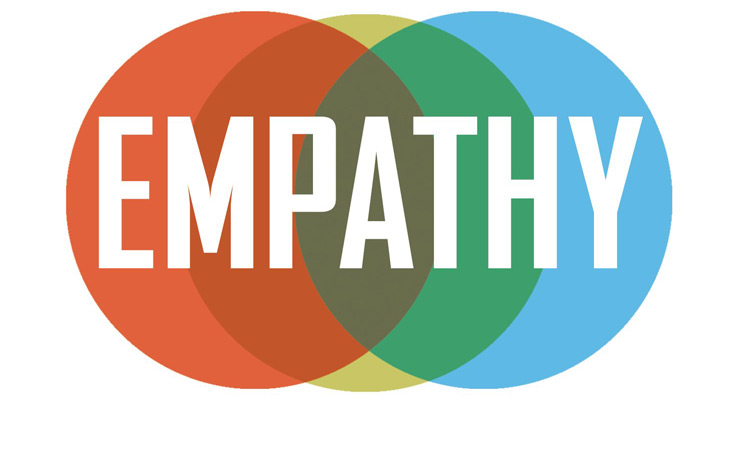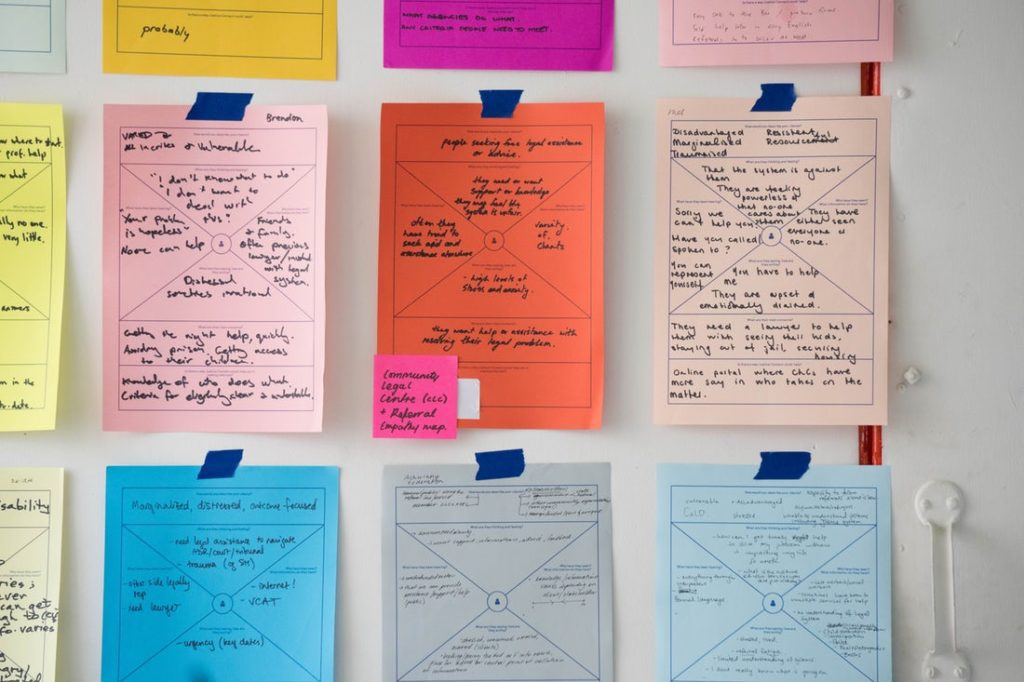What’s the best way to help other people?
The answer: looking after yourself.
Really? How is looking after yourself a tried and true ‘best’ way to help other people?
If you work for a charity that might sound counter-productive. Surely your focus should be on the cause, the people in need, the people you support. Putting time into focusing on your own needs can feel distinctly uncomfortable, wrong somehow.
You’re probably under-staffed, under-funded, overwhelmed and trying to meet an increasingly endless wave of need. The challenges could include service users in distress, complex moderation issues, last-minute requests for case studies, problems that apparently only you can solve, and that regular ‘ping’ of emails on the work mobile phone.
Self care? 5 minutes of yoga, a smoothie and a smug self-help quote won’t cut it.

Ten self-care strategies
Even with a low budget and limited resources, here are ten effective and helpful self-care strategies that work well for me. They can help motivate you, empower you, and keep you safe if you’re an online community manager (particularly if you work at a charity or nonprofit).
1.Be clear about your remit
Doing this will help you to know what you should focus on, and what you should say no to. This can prevent feeling like you have to be all things to all people at all times, which leads to burnout.
Define remits around time by agreeing expected work hours and the type of issue that justifies attention out of hours.
Define remits around requests by agreeing the types of requests that people can make, and how you handle them. Don’t give any external (or internal) person a carte blanche to post requests without your involvement – that way lies chaos!
Define remits around moderation by being clear what you allow, what you don’t and why. This will set your culture and ensure everyone knows what is expected (more on that another time).
2. Talk to your Helpline team
If you’re regularly in contact with people who are emotionally distressed or experiencing really difficult times, this can quickly have a big impact on your own emotional wellbeing. If you have a Helpline team, speak to them about how they handle these feelings and the tools they have in place to help them support their callers.
In my experience, online community professionals for charities should learn empathic communication techniques used by Helplines, and apply them to their processes for handling moderation, complaints and other enquiries. Empathy and community go hand in hand.

3. Set a clear debrief and escalation process
Make sure you plan ahead and know how you will handle issues. This is a great way to retain control when unexpected and urgent things happen. You’ll feel calmer and reassured when you follow your own agreed process.
This should cover:
How you respond to reputational issues – from identifying a complaint to effectively resolving or escalating.
Getting the right skills and process for safeguarding users who may be at risk of harm or abuse. This is particularly important for charities and will help you to know you’ve done all you can to help users in the greatest need.
Agreeing a consistent moderation process that will help you to be confident in handling a wide range of issues.
The other important part of this is the debrief. Do you have someone to check in with after handling a difficult situation? Find someone to support you and help you to talk things through.

4. Look out for triggers
We all have things that upset us, make us angry or unsettled.
Trauma triggers can happen at any time. This could be a series of threads about losing a parent, a news story about sexual harassment, or a user being sexually abused.
Learning to recognise your own emotional response is important. Watch out for things that keep returning to your mind, or make you lose your calm.
It’s helpful to develop your own techniques for keeping one step removed from these issues. Empathic communication and reflective practice can help you to develop good techniques that enable you to offer support and keep you at a safe distance.
This will help to guard against burnout, or vicarious trauma.

5. Log and track positive feedback – why you do what you do
Appreciation matters (see previous blog). On a tough day when you’re facing budget cuts, crazy deadlines, and a wave of issues it can be easy to wonder why you bother.
Put a little time aside each week to log positive feedback – from simple thank yous to the detailed stories that help show the tangible impact your community has.
Invite others in your team or in your organisation to keep watch for feedback.
If you have more time, share this feedback in your newsletters (anonymising details) or share with your internal contacts.
In community we spend so much time doing the job we don’t shout enough about the great value of our work!

To be continued…
This is part one of a two part blog series discussing self-care strategies for community managers at charities. [Read part two]
Pingback: Self care strategies – part two – Good community
Pingback: The truth about burnout and community – Good community